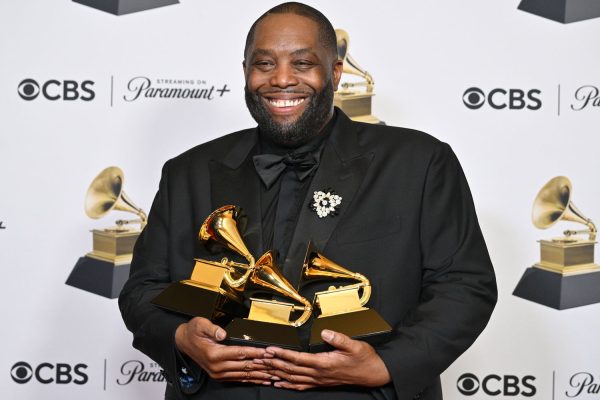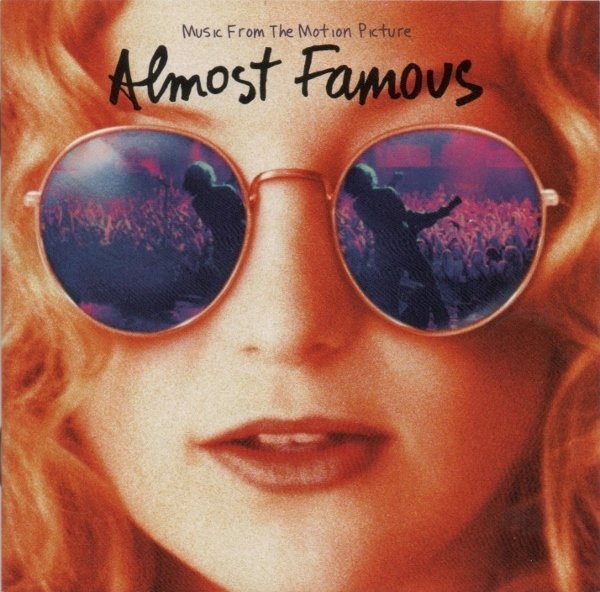The Grammys have come and gone again and I have only treated it like the short-lived tide that rolls onto the beach: unnoticed and unappreciated but conscious of its happening.
Nevertheless, there were some surprises and no-brainers in the respective categories’ winners, but that needn’t be covered if one has curiosity enough for a Google search (don’t mind last year’s Grammys coverage, that didn’t happen). What does need to be covered is more pertinent and concerning the pattern of the Grammys: where was the rap winner’s announcement? Yes, it happened, Killer Mike did in fact win (and was shortly arrested afterward, funnily enough), but it wasn’t televised. It didn’t really happen for most viewers because of that fact, leaving many to wonder why.
Why not televise the winnings of one of the most popular categories in modern music? Jay-Z was heard on stage talking about boycotting the Grammys in 1998 after DMX wasn’t nominated at all. He spoke about subjectivity in music but quickly contradicted himself by jokingly telling the Grammys to ‘‘get it right´´ (especially when referring to the fact that his wife has yet to receive her deserved Grammy). It was humorous, but it is strange to think that the thing he called out managed to happen again this year, continuing the period of time in which rap seems to be flourishing more than it ever has.
One would think that if country is a deserving category then rap should be, but the Grammys think otherwise. Research has also found that although hip-hop and rap seem to be dominating the yearly billboards consistently since the 1990s up until now, rarely has a hip-hop or rap album ever won album, record, or song of the year. Yes, many nominations have been given to such artists, but a lack of Grammys (like in Beyonce’s case) is obvious since the first award to hip-hop was given by the Academy. As a result, many seem to be continuing the tradition of boycotting the Grammys because many believe that they don’t accurately represent the tastes, visions, and preferences of the masses and instead choose based on their own, atypical system.
Hopefully, as time goes on, rap, hip-hop, and its deserving artists will be recognized for the greatness they have brought to the music industry. Artists are more than the awards they receive and the fan bases are what truly represent the true impact the artists may have, but to have such an impact be displayed through Grammy recognition is something that would help in the accommodation of hip-hop into mainstream pop instead of being its own separate entity, as hip-hop is now arguably more pop than pop is.





![Jann Wenner [center] seen laughing with Paul McCartney [left] and Ringo Starr [right]](https://amityvilleecho.com/wp-content/uploads/2023/10/Rolling.jpg)









